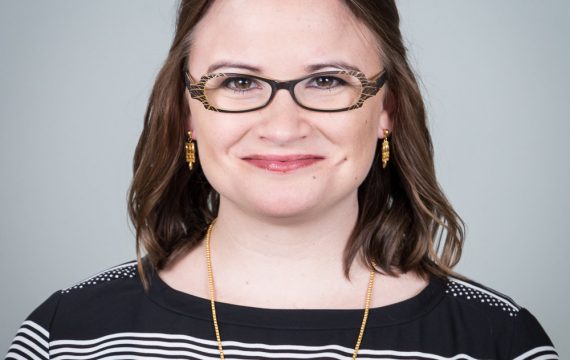
Wednesday, March 4, 2020 | East-West Center Imin Conference Center at University of Hawai‘i | 8:30 a.m. – 5:00 p.m. HST
Event Details
The University of Hawaii, Chaminade University and IBM are excited to collaborate with Stanford University to bring the Women in Data Science conference to Hawaii.
The global Women in Data Science (WiDS) Conference is an annual one-day technical conference, which brings together leading-edge companies & universities to discuss the latest research and applications of data science & machine learning.
Date And Time
Wed, March 4, 2020
8:30 AM – 5:00 PM HST
Location
East-West Center Imin Conference Center
University of Hawaii
1777 East-West Rd
Honolulu, HI 96848
 Parking Info
Parking Info
Speakers
Academic Speakers (Local)

Kim Binsted
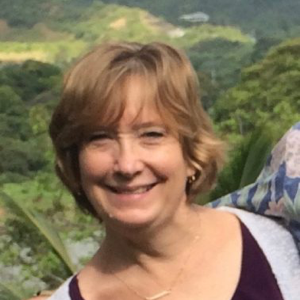
Gwen Jacobs

Helen Turner
Stanford Live Stream Speakers
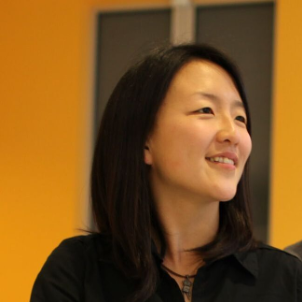
Been Kim

Emily Glassberg Sands
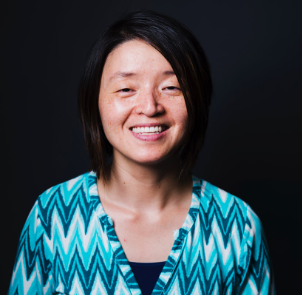
Ya Xu
Industry Speakers (Local)

Trisha Mahoney Nakayama

Adrienne Buell Becerra
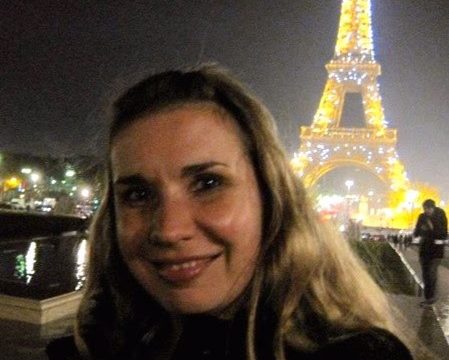
Colleen Milbury
Academia Speakers (Local)

Susanne Still
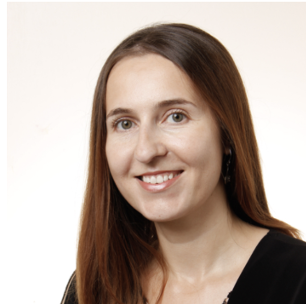
Sladjana Prisic

Martha Crosby
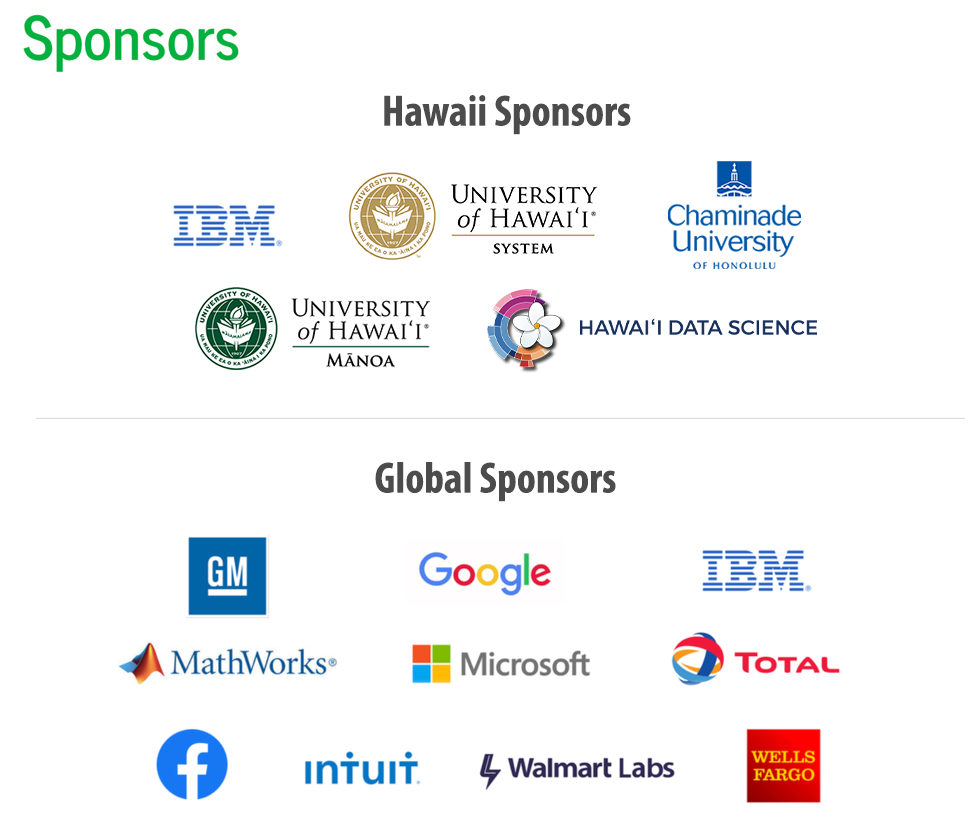
Agenda
*subject to change
| 8:30-9:00am | Breakfast & Registration |
| 9:00-9:15am | Welcome & Opening Remarks Dr. Kim Binsted, University of Hawai‘i Trisha M. Nakayama, IBM |
| 9:15-9:45am | Keynote Dr. Gwen Jacobs, University of Hawai‘i Dr. Helen Turner, Chaminade University |
| 9:45-10:20am | Panel – Women in Academia Moderator: Trisha M. Nakayama, IBM Panelists: Dr. Kim Binsted, University of Hawai‘i Dr. Martha Crosby, University of Hawai‘i Dr. Gwen Jacobs, University of Hawai‘i Dr. Susanne Still, University of Hawai‘i Dr. Helen Turner, Chaminade University |
| 10:20-10:35am | Break |
| 10:35-11:10am | Panel – Women in Industry Moderator: James Pierce, IBM Panelists: Adrienne Buell Becerra, Formerly Text Now & Facebook Dr. Colleen Milbury, First Hawaiian Bank Trisha M. Nakayama, IBM Dr. Summer K. Rankin, Booz Allen Hamilton |
| 11:10-11:45am | Panel – Women in University Moderator: Dr. Laura Tipton, Chaminade University Panelists: Elizabeth Fink, University of Hawai‘i Zoey Kaneakua, Chaminade University Lila Loos, University of Hawai‘i Tina Loos, University of Hawai‘i Anqi Zhao, University of Hawai‘i |
| 11:45-1:00pm | Break for Lunch Bento lunch provided by Keneke’s |
| 1:00-1:20pm | Speaker: Dr. Susanne Still, Professor of Information & Computer Sciences, University of Hawaii Session Title: The science of data analysis Abstract: At its intellectual core, machine learning contains deep questions about the process by which we describe the world around us. These questions have to be understood within the scientific context from which they arose and can be addressed by fundamental science. Casting philosophical insights into mathematics has led to profound realizations. The use of theoretical physics to analyze learning machines can lend information processing and data analysis methods a firm conceptual basis, rooted in physical reality. Beyond that, a basic science of learning and adaptive information processing may ultimately even help us to better understand the fundamental nature of reality itself, and the role agents play in it. |
| 1:20-1:40pm | Speaker – Adrienne Buell Becerra, Data Science Manager, Formerly Facebook & Text Now Session Title: How to build a successful data science portfolio using some of the latest open source tools Abstract: Getting a data science or machine learning job can be daunting as many don’t know where to start. From advanced statistics to programming skills there is an overwhelming list of requirements. As a data science hiring manager, my number one piece of advice in landing a job is to “build stuff” with value impact in mind. Your technical breadth and depth is only as good as your portfolio of chosen projects that demonstrate your expertise or excitement. This talk will focus on how to stand out with concrete takeaways. |
| 1:40-2:00pm | Speaker – Kim Binsted, Professor of Information & Computer Sciences, University of Hawai‘i Session Title: Rehearsing for Mars in Hawaii Abstract: HI-SEAS (Hawai’i Space Exploration Analog & Simulation) is a habitat on an isolated Mars-like site on the Mauna Loa side of the saddle area on the Island of Hawaii at ~8200 feet above sea level. At HI-SEAS, we conduct NASA-funded research with the goal of reducing or removing some of the barriers of long-duration human space exploration. Over the past five years, we have conducted 2 four-month missions, 2 eight-month missions, and 1 twelve-month mission. A journey to Mars and back would take 2.5-3 years, so we need to understand what issues can arise in the long term, and how to prevent or respond to them. In this session, we’ll look at the challenges of getting sound scientific results from 36 mission-months of rich, complex, messy, and heterogeneous data. |
| 2:00-2:20pm | Video Streamed Speaker: Been Kim, Research Scientist, Google Brain Session Title: “Interpretability – Now What?” Abstract: In this talk, Been will reflect on some of the progress made in the field of interpretable machine learning. We will reflect on where we are going as a field, and what are the things we need to be aware and be careful as we make progress. With that perspective, she will then discuss some of her recent work 1) sanity checking popular methods and 2) developing more lay-person friendly interpretability method. |
| 2:20-2:40pm | Speaker: Dr. Helen Turner, Vice President of Innovation, Chaminade University Session Title: Data Science For Community Impact Abstract: Chaminade’s new Data Science Major, minor, certificate and proficiency program are being developed in a small Catholic Liberal Arts university with a special mission to serve the underserved and promote social justice. We will discuss our journey in curriculum development, community partnerships and resource gathering to develop a program that centers on data science for community impact. |
| 2:40-3:00pm | Break |
| 3:00-3:20pm | Speaker: Colleen Milbury PhD, Data & Analytics Manager, First Hawaiian Bank Session Title: From Planets and NASA to Data Analytics in Consumer Banking Abstract: Making the change from academia to the private sector can be challenging. Colleen will discuss her background and transition into the banking industry, and provide suggestions on a successful transition. Data Science is revolutionizing the industry by implementing cutting edge technologies that provide valuable business insights which have a huge impact. Automation makes mundane, manual processes run faster, with less errors; this frees up time and resources so employees can do more interesting and meaningful work. With sophisticated predictive/modeling, banks can better forecast account balances and account attrition (closing), assess risks to the bank, solve regulatory violations and other compliance related issues, enhance marketing campaigns, and much more. |
| 3:20-3:40pm | Speaker: Trisha M. Nakayama, Data & AI, IBM Talk Title: Removing Unfair Bias in Machine Learning Abstract: Machine learning models are increasingly being used to make critical decisions that impact our lives. However, bias in training data, due to prejudice in labels and under or oversampling, can result in models with unwanted bias. Discrimination can become an issue when machine learning models place certain privileged groups at systematic advantage. This talk will provide a look at how unfair bias occurs in the machine learning pipeline and the metrics and algorithms that can be implemented to reduce it. An overview of the AI Fairness 360 Open Source toolkit will be demoed. |
| 3:40-4:00pm | Video Streamed Speaker: Ya Xu, Head of Data Science, LinkedIn Session Title: Creating Global Economic Opportunities with Responsible Data Abstract: At LinkedIn, data plays an essential role in achieving our vision of creating economic opportunity for every member of the global workforce. It is critical that we are not just using data to create opportunities, but creating them responsibly. This goes beyond just complying with regulations. It starts with taking data privacy protection seriously with Differential Privacy, and avoiding unintended consequences in both our products and ML models to ensure fairness. In this talk, Ya will share perspectives from her experience addressing these challenges at LinkedIn. |
| 4:00-4:20pm | Speaker: Chaminade Data Science Students Session Title: Stanford Datathon Challenge Abstract: Chaminade students present their results from Stanford’s Datathon challenge. The challenge is to create a model that uses data from the first 24 hours of intensive care to predict patient survival. MIT’s GOSSIS community initiative, with privacy certification from the Harvard Privacy Lab, has provided a dataset of more than 130,000 hospital Intensive Care Unit (ICU) visits from patients, spanning a one-year timeframe. This data is part of a growing global effort and consortium spanning Argentina, Australia, New Zealand, Sri Lanka, Brazil, and more than 200 hospitals in the United States. |
| 4:20:4:40pm | Video Streamed Speaker: Emily Glassberg Sands, Head of Data Science, Coursera Session Title: How Data Science Can Unlock Teaching & Learning at Scale Abstract: Coursera is the world’s largest platform for higher education, providing 50 million learners access to life-transforming skills and credentials. With the rich data generated as over 50 million learners engage on the platform, we have the unique opportunity to use data science and machine learning to unlock high-quality teaching and learning at scale. This talk will take you behind-the-scenes of some of our latest data products — from the personalized coaching that motivates and unblocks learners, to the algorithmic skill scores that track real-time progress against career goals, to the human-in-the-loop systems accelerating grading and student support. We’ll touch on the math, the product, the impact, and our own learnings along the way |
| 4:40-5:00pm | Speaker: Dr. Sladjana Prisic, Professor of Life Sciences, University of Hawai‘i Session Title: Is Multi-Omics Analysis an Embarrassment of Riches? Abstract: Cutting-edge technological advances in DNA sequencing and mass spectrometry have allowed biologists to catalog molecules from a single cell to complex communities. Transcriptome, or a collection of RNAs, can inform about gene expression and presence of regulatory RNAs, and help us understand how living organisms respond to a stress or control differentiation. Other molecules can be analyzed as well (i.e., metabolites, proteins, lipids, etc.) to provide a more complete picture of a number of complex processes. However, our increased ability to identify and quantify a large number of molecules has created another problem – how do we make sense out of this ocean of data? In this talk, the role of data science and how we can study tuberculosis pathogenesis will be presented from a biologist’s point of view. |
| 5:00-5:10pm | Closing Remarks Dr. Martha Crosby, University of Hawai‘i |
WiDS @Honolulu is an independent event organized by Trisha Nakayama @IBM and Martha Crosby @UH to coincide with the annual Global Women in Data Science (WiDS) Conference held at Stanford University and an estimated 150+ locations worldwide.
All genders are invited to attend WiDS regional events, which features outstanding women doing outstanding work.

